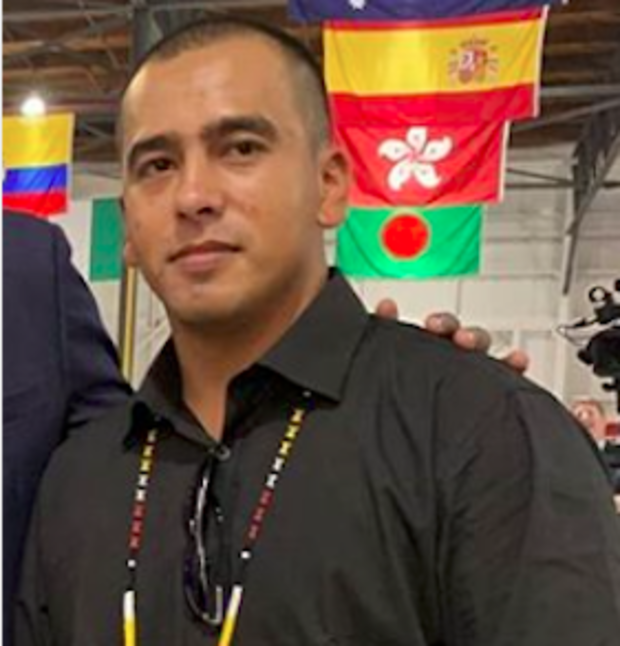Experiment in guaranteed income leads to more work and better health, analysis shows
More than two years after a group of residents from a northern California city first started receiving monthly cash payments with no-strings attached, the results of the public policy experiment are in: guaranteed basic income — designed to create an income floor — works, according to an analysis of results from the Stockton Economic Empowerment Demonstration (SEED).
From February 2019 to February 2021, as part of a hallmark initiative from former Stockton Mayor Michael Tubbs and funded by philanthropic donors, 125 Stocktonians with a median income of $46,000 a year received $500 per month through a prepaid debit card — additional income they could spend however they wanted.
Researchers found that compared to a control group, those Stockton residents who received regular payments experienced less income volatility each month, were more able to secure full-time employment, were better parents and partners, and even saw improvements in their health and overall well-being. In other words, a simple monthly stipend led to upward economic mobility.
"I am doing better things"
Tomas Vargas Jr., a program participant who received $500 every month for 24 months, said the financial padding gave him the time and resources to move from working part-time as a warehouse supervisor to full-time employment.
"I was getting paid okay, but before SEED, I had to hustle every day," he said at a press conference held Wednesday to discuss findings from the first year of the program. "SEED gave me the opportunity to sit there and actually do something with myself and the choices I was making. It gave me that reassurance."
Vargas, 36, is now working full-time in manufacturing. "It gave me a chance, an opportunity," he said. "I am doing better things. I'm getting paid way more than I did before, [I have] less stress and I'm actually helping my community. So there are big changes."
He also said he is a better parent and partner to his wife than he was before the experiment began.
"I was very depressed. I was very, just, down and out. SEED [helped] bring me back," Vargas added. "Every day I get to wake up and enjoy my kids ... my wife. We enjoy time together; we didn't have that before."
Covering unexpected expenses
At the start of the program, only one-quarter of SEED participants could cover unexpected expenses. One year in, more than half of the guaranteed income recipients said they had the ability to pay for a $400 unexpected expense with cash or a cash equivalent.
For example, one program participant who worked two jobs and wasn't entitled to paid time off, was able to take unpaid time off when she contracted COVID-19 — and still pay her bills.
Additionally, recipients went from part-time employment to full-time at more than twice the rate of those who did not receive monthly payments.
"When you are working hourly, you don't have paid time off. Taking a risk to take a day off and interview is risky, particularly if you are living paycheck to paycheck," said Tubbs, who served as mayor of Stockton from 2017 to 2021 and now runs Mayors for a Guaranteed Income, a network of mayors advocating for basic income that he founded.
The extra cash could help a Stockton participant purchase a bus pass or make a car payment so that they could actually show up to an interview,
"The $500 removed material barriers to full-time employment and created capacity for goal-setting and risk-taking. So what this means, practically speaking, is that there are a lot of folks out there who were eligible for full-time employment, but literally could not take a single shift off of work to apply for a new job," said Amy Castro Baker, assistant professor at the University of Pennsylvania and a co-author of the program's economic analysis.
Cash as medication
Recipients' physical and emotional health improved, too. One SEED participant said the stipend helped alleviate their anxiety to the extent that they were able to stop taking medication they had relied on previously.
"We know financial strain can kind of get into the body, especially for folks that are under extreme financial strain for a long period of time," said analysis co-author Stacia West, and assistant professor at the University of Tennessee. "What we see is that the treatment group reports significantly less complications related to emotional health, well-being. They have more energy, they have less fatigue, they have less bodily pain than compared to the control group."
Tubbs also acknowledged the remedial qualities of cash. "I truly do believe that medicine matters,: he said, "but for some things it appears to me that cash is a powerful tool to help people with stress and anxiety that manifests itself in some forms of depression."





